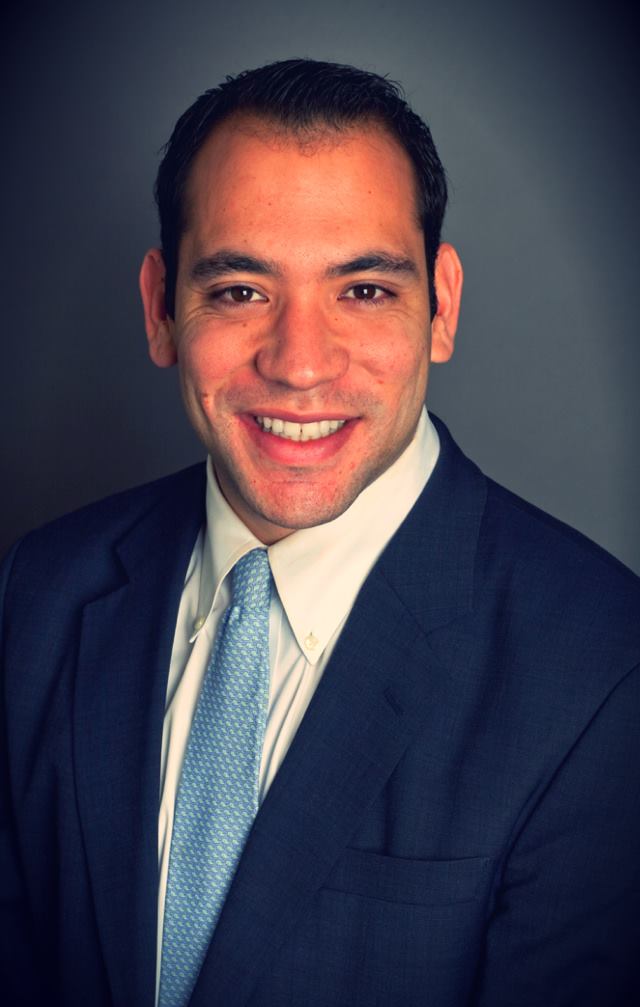
Ever since Venezuela’s National Youth Day on February 12th, students in the coutry of Venezuela have been protesting their frustrations with the country’s national government and their incapicity to deal with the country’s problems such as record high levels of insecurity, record inflation levels (estimated to be close to 56.2%), a corrupt legal system and shortages of basic goods.
Since the eruption of these anti-government protests, over 30 people have died, hundreds have been injured, and opposition leader Leopoldo Lopez, along with two city mayors, Daniel Ceballo and Enzo Scarano, have been arrested without proper due process.
Just recently, an appeals court denied Lopez’s bail, held in a military prison outside the city of Caracas, and reaffirmed the charges against him, which included; inciting violence and destruction of property.
Media oppression in Venezuela
The media oppression in Venezuela makes it difficult for peopple within the country and outside of it to know what is happening. Protesters, many of them students, have taken to social media to report what is happening on the ground. Even so, the government has used all its powers to try and censor outlets, social media platforms, and even slow down the internet. Dolar Today, one of the few reliable sources left in the country is constantly taken down off the web.
Across the world, countries have expressed concerns about the current situation in Venezuela. Just recently, Germany accused the Venezuelan government of violating basic human rights.
Members within the United States Congress, such as Senator Marco Rubio, Congressman Joe Garcia, and Congresswoman have been vocal in condeming the opression of the Venezuelan National Guard against the people of Venezuela.
The truth is that the future of Venezuela is in the hands of its people. And as Lopez said shortly before being arrested, “if you get tired, you lose.” The people of Venezuela, both within the country and all across the world, are far from tired.
As anti-government protests continue, so does the support from people across the country. As a Venezuelan-American, access to basic human rights and freedoms is an issue that is personal, not just to me, but also to millions of people across the world who stanf with the country that raised me.
The fight in Venezuela is not over, it’s far from it. As long as the Maduro government continues to use fear and opression to try and stop people from expressing their basic constitutional rights, so will this fight. Change comes to those who wait, and after 14 years of failed government policies, the wait is almost over.
Jose Aristimuño is the Founder of Latino Giant, a digital platform focused on empowering U.S. Latinos to reach their greatest potential.
This article originally appeared in Voxxi.

Recent Comments